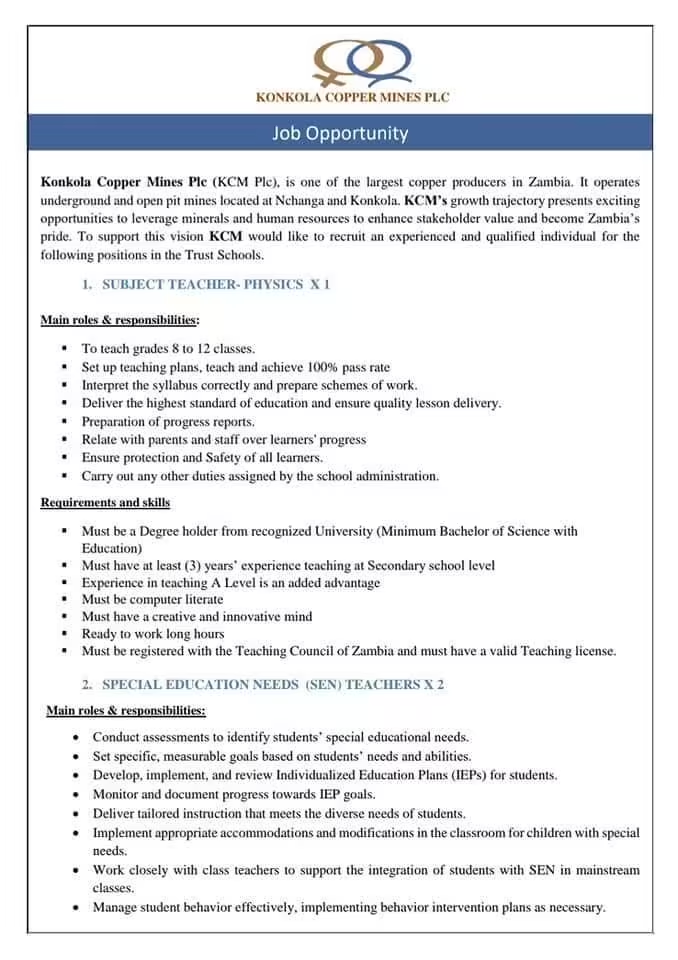
Success is a double-edged sword. While it brings admiration, accolades, and opportunities, it can also attract envy, resentment, and even hatred from certain quarters. It’s a perplexing phenomenon: why would someone harbor animosity towards another individual solely based on their accomplishments? In this article, we delve into the complex psychology behind why some people might hate you despite your great achievements.
Insecurity and Comparison:
One of the primary drivers of resentment towards successful individuals is personal insecurity. When someone achieves notable success, it can serve as a stark reminder of their own perceived shortcomings and failures. This comparison breeds feelings of inadequacy, which may manifest as jealousy and animosity towards the successful individual.
Fear of Losing Status:
Success often comes with an elevated social status and influence. For those who value their own status and position within social hierarchies, the success of others can be perceived as a threat. Fear of being overshadowed or displaced by someone else’s achievements can lead to resentment and hostility towards the successful individual.
Misplaced Attribution of Fault:
Human psychology is wired to seek explanations for outcomes, even when they are complex or multifaceted. In some cases, individuals may attribute their own struggles or failures to external factors, including the perceived advantages enjoyed by successful individuals. This misplaced attribution of fault can breed resentment and bitterness towards those who have achieved success, regardless of the circumstances that led to their accomplishments.
Perceived Arrogance or Conceit:
Success can sometimes be accompanied by behaviors or attitudes that are perceived as arrogant or conceited. Individuals who flaunt their achievements or display a sense of entitlement may evoke negative reactions from others, leading to resentment and disdain. Even if the successful individual is genuinely humble and gracious, their success alone may be enough to provoke animosity in some.
Cultural and Societal Norms:
Cultural and societal norms play a significant role in shaping attitudes towards success and achievement. In some cultures, there may be a prevailing belief that success should be modestly downplayed, and overt displays of achievement are frowned upon. Consequently, individuals who defy these norms by openly celebrating their accomplishments may face backlash and criticism from those who view such behavior as boastful or inappropriate.
Personal Vendettas or Grudges:
In certain cases, personal vendettas or grudges may fuel animosity towards successful individuals. Past conflicts, rivalries, or perceived slights can lead individuals to harbor resentment and ill will, which may be exacerbated by the success of their perceived adversary. Such vendettas can blind individuals to the achievements of others and fuel a deep-seated animosity that persists over time.
Conclusion
In conclusion, the phenomenon of being hated despite one’s great achievements is a complex interplay of psychology, social dynamics, and cultural norms. Success can evoke a range of emotions in others, from admiration and respect to envy and resentment. Understanding the underlying reasons why some people might hate you despite your achievements can help navigate interpersonal dynamics with greater empathy, awareness, and resilience. Ultimately, true success lies not only in achieving great feats but also in fostering positive relationships and uplifting others along the way.

